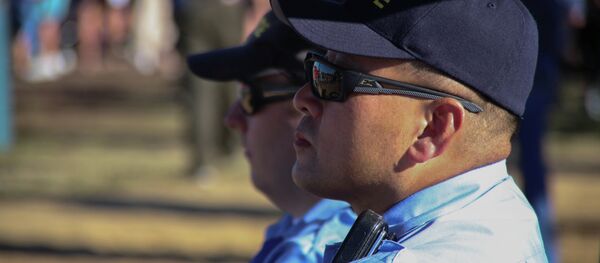In April 2015, a Baltimore police officer testified at the Maryland Court of Special Appeals that the department has used Stingrays 4,300 times since 2007 in criminal cases or on suspects, generally without notifying judges.
“We conclude that people have a reasonable expectation that their cell phones will not be used as real-time tracking devices by law enforcement, and—recognizing that the Fourth Amendment protects people and not simply areas—that people have an objectively reasonable expectation of privacy in real-time cell phone location information. Thus, we hold that the use of a cell site simulator requires a valid search warrant, or an order satisfying the constitutional requisites of a warrant, unless an established exception to the warrant requirement applies,” the report reads.
These kinds of agreements have been signed by departments across the country and, in some cases, prosecutors have dropped cases to avoid having to reveal information about the use of a Stingray, the Intercept reported.
“We perceive the state’s actions in this case to protect the Hailstorm technology, driven by a nondisclosure agreement to which it bound itself, as detrimental to its position and inimical to the constitutional principles we revere,” Judge Andrea Leahy wrote.




